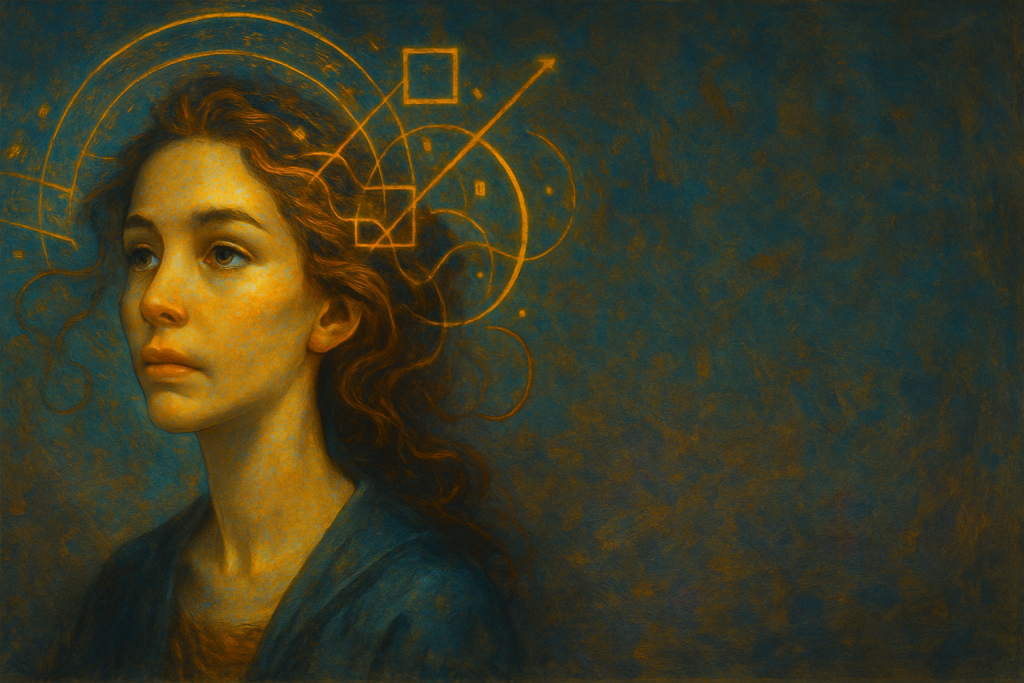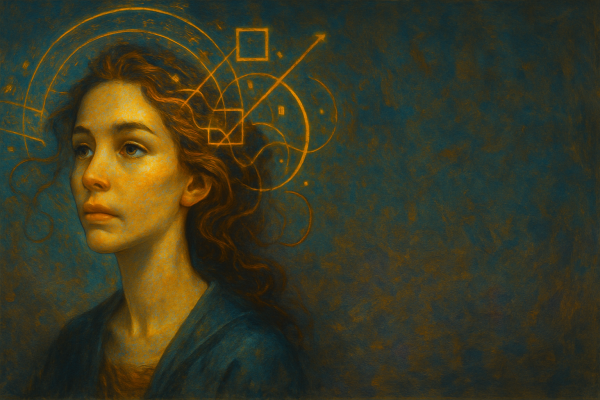
The Ethics of Artificially-Generated Art
The cover image for this post was generated by AI. The prompt “generate an image…


The cover image for this post was generated by AI. The prompt “generate an image for a post describing AI art” was placed into ChatGPT, and the result was interesting. This begins to beg the question: is AI-generated art real art? The arguments for AI art: The arguments against AI art: What makes AI art…

As we know, Alan Turing first posed the question “can machines think?” But, where did the term “AI” come from? In 1956, two years after the death of Turing, John McCarthy had organized a summer workshop at Dartmouth College to analyze and develop ideas on machine learning – calling the workshop “artificial intelligence” and is…

For one woman, the answer is yes. Through using ChatGPT, this woman had found it was easy to personalize the responses from the chatbot to describe what she wanted. Imagine asking a chatbot to provide you with the emotional support of a real relationship, only to essentially (and accidentally) “fall in love” with it. She…

Lethal Autonomous Weapon Systems, or LAWS, are a “special” class of weapon systems that can independently search for and engage targets based on a computerized system; they can destroy a target without manual human control. US policy does not prohibit the development or use of LAWS, yet, the country does not have any in its…

If a machine operates in a way that is unfavorable, who is held liable? The responsibility gap tries to answer that question – is it the manufacturer or the machine itself that is held responsible? The responsibility gap occurs when the line between who to blame for an action, whether is AI or humans, begins…

Recently, the United States has been engaged in a trade war with China – and China has found a way to revolutionized manufacturing through the use of robots. Factories across the country have been able automate operationally in able to reduce costs and improve quality. It gives China an overall advantage in the trade war,…

Regina Rini discusses how deepfakes are often threaten what we call the “epistemic backstop,” or the trust that people put in visual systems – whether that be videos or images – when deciding what is real and what is not. For Rini, deepfakes threaten this system. Deepfakes can easily fabricate false information (or, false evidence)…

Israel has reportedly developed new artificial intelligence technologies to gain an advantage in the War in Gaza. This article analyzes the ethical dilemmas of this new technology and the use of AI in war as a whole. The country has been using the War in Gaza to “test” new and artificially intelligent technologies – even…

Michael Haenlein and Andreas Kaplan go in depth on the development of artificial intelligence. From the roots to the modernity of AI, Haenlein and Kaplan go into machine learning models, the challenges of AI, and the future of it. They start from the early years, or the “birth” of AI, and go into what the…

Cathy O’Neil poses the question: what if the algorithms that decide so many things are wrong? What if we are putting out blind faith into big data? We all use algorithms – they’re seen in everyday life. From social media to mechanical engineering and algorithmic bias, a lot concerning big data can go wrong. O’Neil…